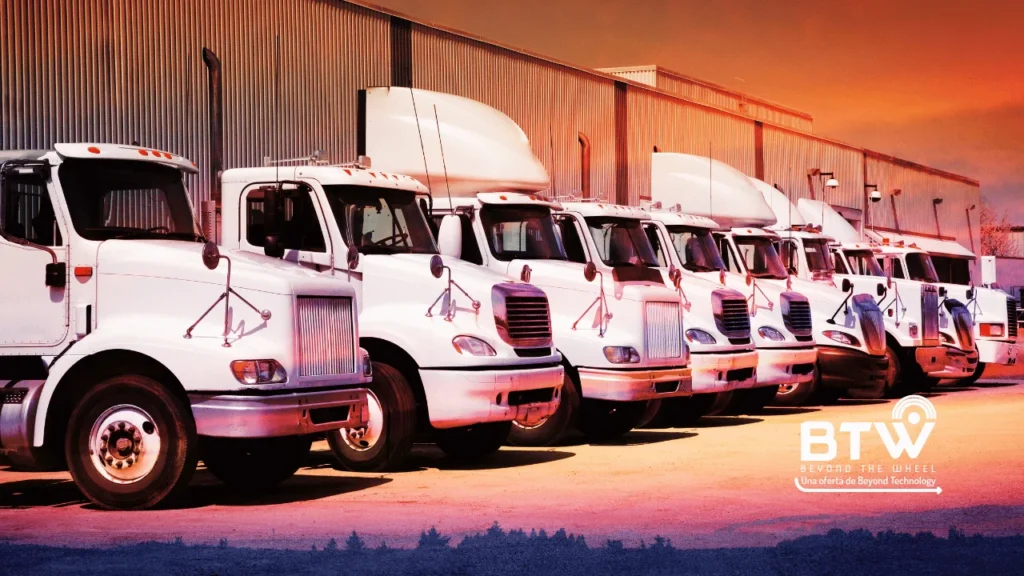Efficient management of commercial vehicles involves more than just maintenance and route planning. Real-time monitoring, powered by advanced sensors and telemetry systems, has become essential for companies aiming to optimize operational performance. As technology evolves, various smart solutions emerge that provide full fleet visibility, enhance safety, and lower operating costs.

Differences Between GPS Tracking, Tire Pressure, and Temperature Sensors in Cold Chain Transport
Each type of sensor plays a specific role in logistics operations. GPS trackers provide accurate vehicle location, help detect unauthorized routes, and improve delivery times. Tire pressure sensors, on the other hand, help prevent accidents due to deflation or wear, extend tire lifespan, and reduce fuel consumption.
In refrigerated units, temperature sensors are critical to ensure product quality throughout the journey, particularly in the food and pharmaceutical industries.
While these tools can function independently, their full potential is unlocked when integrated into a unified management system. This technological convergence allows critical data to be centralized and decisions to be made based on accurate, real-time information.
Benefits of Advanced Vehicle Data Collection Systems in Logistics
Using telemetry platforms with connected sensors transforms how a fleet is managed. These tools gather detailed data on driver behavior, fuel consumption, idling time, harsh braking, and predictive maintenance. This visibility improves operational efficiency while enabling safer and more sustainable driving policies.
With both historical and live analytics, logistics teams can anticipate failures, reduce downtime, and better plan maintenance cycles. The result is a more cost-effective operation, less asset wear, and a more reliable service experience for end customers.
How to Choose a Comprehensive Monitoring Solution with Smart Fleet Sensors
Implementing vehicle monitoring technology goes beyond purchasing hardware. Real value lies in selecting a system tailored to the company’s specific needs—scalable, integrative, and supported by technical expertise for seamless deployment.
An effective solution should support multi-sensor integration, intuitive dashboards, and customizable reporting capabilities. Interoperability with ERP or logistics platforms is key to achieving true process automation. Partnering with a provider that offers ongoing advisory services ensures the investment evolves alongside business demands.
To learn how these technologies can transform your operations, we invite you to speak with a Beyond The Wheel advisor. Our team is ready to help you find the most suitable solution for your fleet.